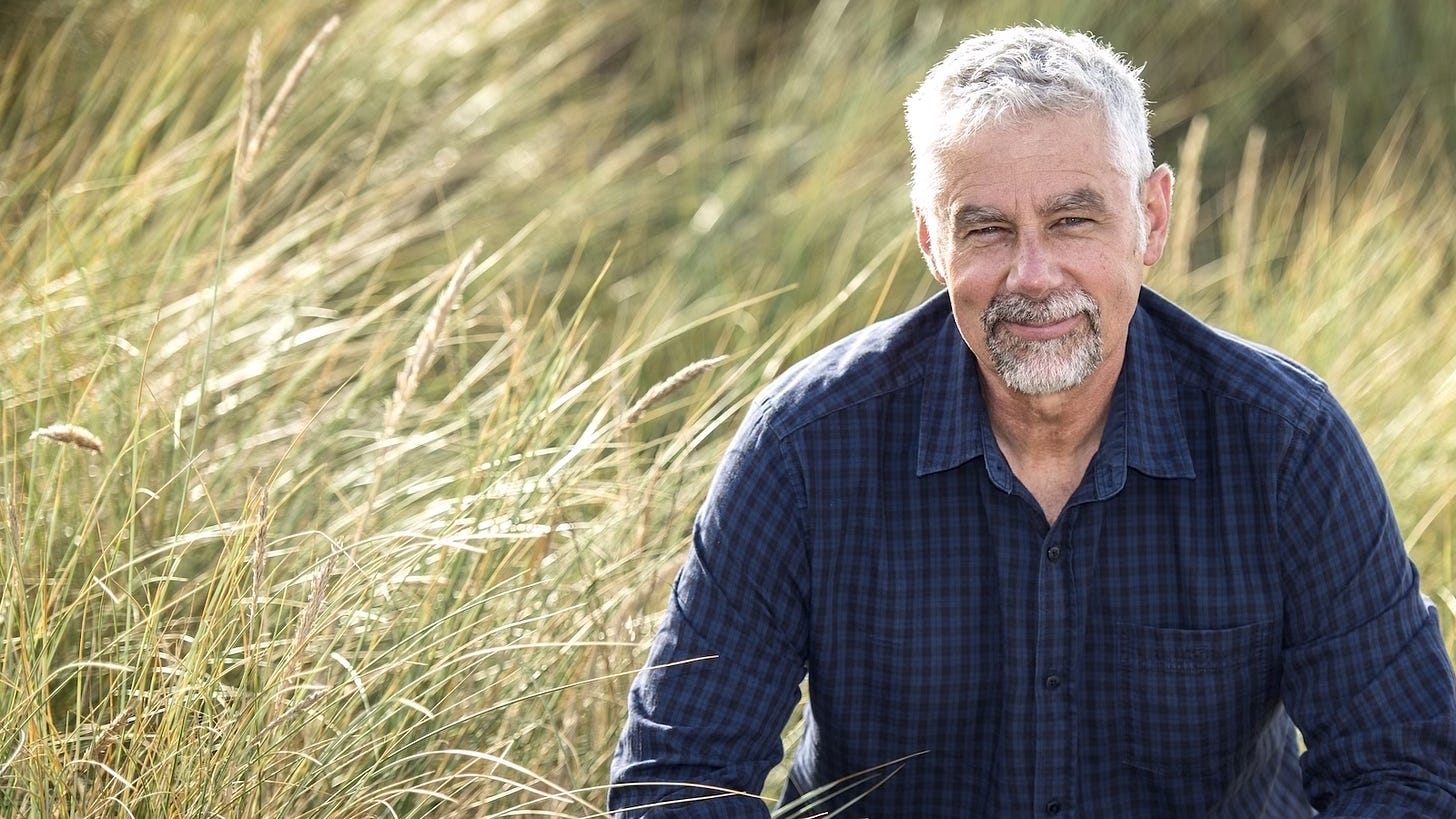How to Speak Wise
We all say dumb things from time to time. But what do wise people tend to say that others don't? Mysteriously deep sayings? Quantum-sounding phrases? And do you have to eat kale? Or look like Yoda?
A word to the wise.
Wise words.
Wise guy.
Wise men say only fools rush in.
Despite these well-known phrases, wisdom is not exactly saturating our modern world. Just watch the News, which I don't, or read the magazines at the checkout, which I also don't. What you see and read there is not wisdom, it's noise. When wisdom does pop up, it seems wedded to, or closely associated with, gurus, deep meaningful sayings, retreats, quotes from famous people like Mother Theresa, and so on. If wisdom or being wise is so great, why don't we do more to consciously cultivate it in our lives, communities and societies? God knows we need it!
Wisdom is not exactly saturating our modern world.
In today's post, I want to dive a little deeper into how we can recognise wisdom and what we can personally do to cultivate it further.
Why would you want to do that?
Because we only have one life - it's both a gift and an opportunity - and the quality of that life has a lot to do with the decisions we've made. Wiser decisions = better life. According to the wise among us.
Firstly, I thought you might be interested in what subscribers like you said they wanted from this newsletter. In the sign-up questionnaire, I asked several questions. Here are the overall answers.
What is your age?
65 and over - 9%
55-64 - 18%
45-54 - 45%
30-44 - 27%.
So, the majority are middle-aged.
Where did you hear about the newsletter?
LinkedIn - 55%
Facebook - 18%
Email Direct - 18%.
So, no TikTok then.
What do you hope to get from the newsletter A Life That Matters?
Strategies for an effective life - 55%
Personal growth & development - 45%
Be inspired by people's stories - 36%.
What sort of themes do you want to hear about? (People could pick three)
Improving relationships, growing more wise, strategies for better thinking, better mental health - all 64%
Finding work I love - 55%
Navigating midlife and taking adventures - both 45%.
So, not parenting or going all Marie Kondo.
Interesting, and thank you for all your responses. I will try to focus on these areas.
Let’s Follow-on from Last Week’s Wisdom is Not a Thing
In case you missed it, here’s the link.
Last week in a nutshell:
We tend to value wisdom and wise people's input.
Wisdom is hard to pin down, but we know it when we see it.
Wisdom appears as a certain way of thinking and speaking during discussions and decisions.
It is not necessarily dressed in robes, laced with incense, or located in the East or in religious texts.
While the overall idea of wisdom is easyish to understand, at least in a top-level kind of way, knowing what exactly it is in practical terms is harder. You may feel that it's not something one can consciously cultivate.
But on the off-chance that we can, how to do so lies in examining what those who are wise say and do. Because that's something we can tangibly observe, learn from, and do ourselves. And not just in a copycat kind of way, because true wisdom probably needs a lot of time, knowledge and experience to weave together to create the conditions for wise saying and doing.

One domain to examine might be language.
In other words, what is it that you often hear from those we regard as wise? What kinds of things are they likely to say more than the hoi polloi, the masses? And this is worth examining because I believe that one's language can be a good indicator of one's mind. You don't hear intelligent things emanating from dumb people nor new ideas coming from those who aren't interested in progress. A person's vocabulary will reveal their character and their thoughts.
Here are five phrases I believe we are more likely to hear from someone considered to be wise.
"I've been realising lately, that..."
Why would a wise person say that? Because it indicates a reflective, self-learning characteristic. Wise people tend to think, reflect and realise. They have an openness to change, learning, and growth right throughout their lives.
"I'm interested in your view. Why do you say that?"
Because that indicates a willingness to listen and consider, to be flexible. Wise people know they don't know. They are happy to accept other's opinions because they are better. Their ego is somewhat in check.
"Well, it depends..."
Because it indicates knowing that things are not black or white. A decision or course of action may be wise in one circumstance but, due to contextual constraints or the unique mix of other factors in a time and place, unwise in another.
"In the longer term, what would be the impact of that?"
Because that indicates an awareness that the timeframe under consideration can alter the value of a decision or course of action. This is where so much corporate behaviour is geared toward extracting maximum (usually monetary) value in the short term either at the expense of, or without even considering, the impact of those decisions in the longer term. Hence we are clogging our environment with plastic waste, for example.
"This isn't really up to me, it's about you. What do you think is best?"
Because that indicates a willingness to not have to be right or hog the limelight. Wise people tend to have grown passed the need to be kingpin, or be correct, or even publicly acknowledged because they realise those things aren't important in the end. Besides, those actions devalue the other person and wise people don't want to do that.
A person's vocabulary will reveal their character and their thoughts.
Now I've just pondered the question of what wise people are often heard saying and picked the first five things that came to mind. So, this isn't an exhaustive nor even 'top 5' list. It's just a sample to get us thinking.
So, on that note, what do you think?
What sort of things would wise people be more likely to say, in your opinion?
What is the wisest thing you've heard someone say?
How do you think you can become more wise, knowing that it's not a gift nor something you can just switch on?







